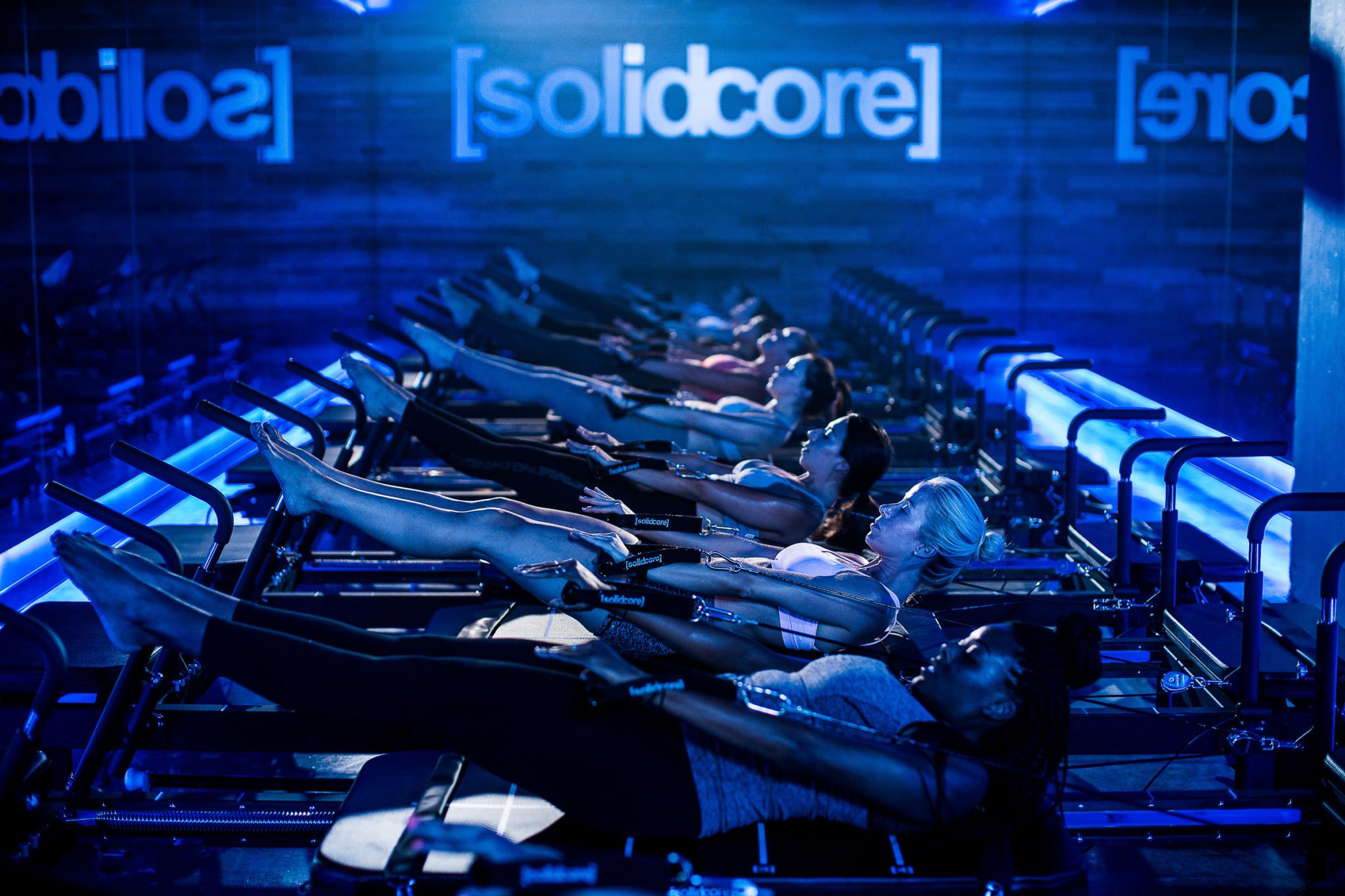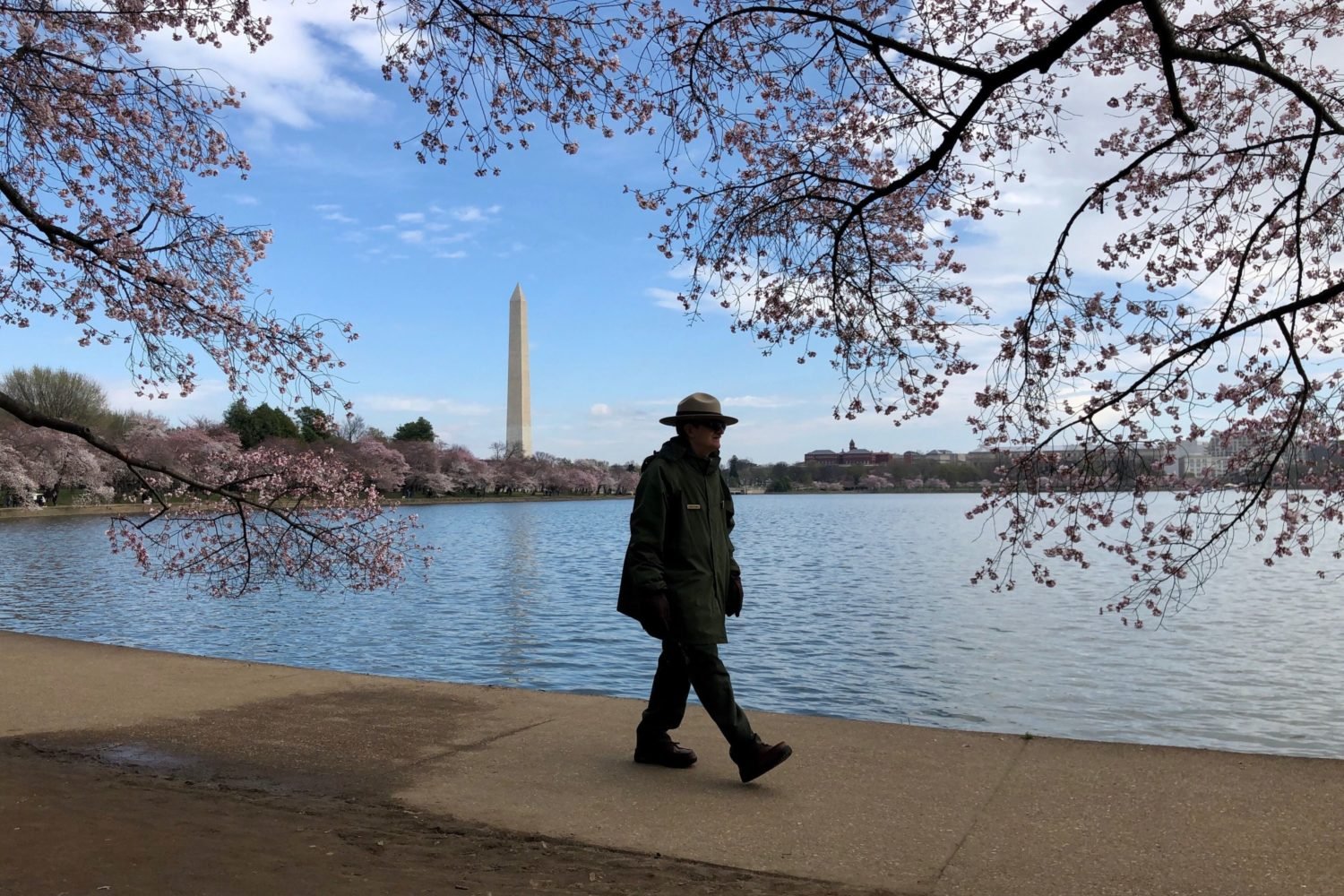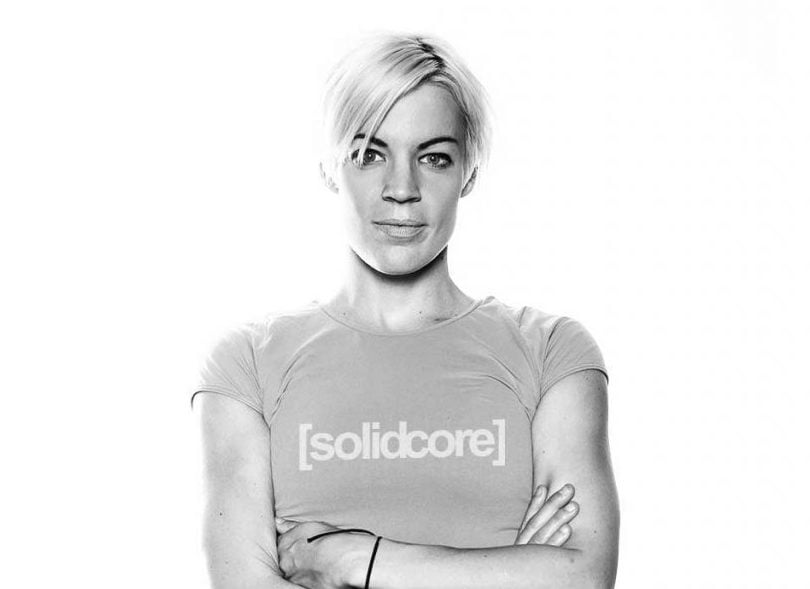About Coronavirus 2020
Washingtonian is keeping you up to date on the coronavirus around DC.
Solidcore, the red-hot national fitness chain founded by Anne Mahlum and based in Washington, is in the midst of an internal civil war over employee safety—with about half of the boutique gym’s coaches having yet to return to work, including almost every instructor who had previously been assigned to the popular West End DC location. And on June 27, a coach was fired in what she says was retaliation for her raising concerns.
At issue are some staffers’ worries about safety following the June 22 reopening of DC gyms. More than 30 instructors and managers this week submitted to leadership a list of requests for Covid-related protection, which include transparency when a client or coach is diagnosed with the virus, the installation of air-filtration systems, and the right for a coach to step back from classes “without fear of contract termination or retribution.” Concerns also included the company’s mask policy, fitness machines that may be closer together than city guidelines advise, and the frequency with which gyms are deep-cleaned.
Solidcore, for its part, says it is following the rules while also trying to stay in business—a tricky task for any company in an environment of economic and epidemiological peril, a particularly tricky one in an industry that involves rooms full of people sweating and breathing hard, and perhaps an even trickier one for a boutique gym that occupies cramped spaces that look nothing like a typical mega-gym. Many of the instructor requests go beyond what the law currently requires.
Emily Collinson, who taught at the Shaw location, says the company held an “all coach call” among instructors from Solidcore’s 70 nationwide studios on June 25, three days after DC studios reopened. But questions about safety that she had submitted weren’t addressed. So after the call, she used private social-media messages to try and organize fellow coaches and managers to bring to the leadership their concerns.
Days later, Collinson was fired for what a Solidcore executive, in an email to her, called “unprofessional” messages that made other coaches “uncomfortable.”
“With regard to the employee who was terminated over the weekend,” said Bryan Myers, president and COO, through an email from a company representative, “we obviously, legally, are not going to speak about the terms surrounding that separation. However, what we will say, is that coaches and employees are encouraged to come to leadership with questions, comments, concerns, dissents—that has always been the way the company is run and it is how we learn and get better. However, that should happen with respect and in a professional manner, and if that is not the way a person wants to approach a conversation, then perhaps this company is not the right fit.”
Although terminated, Collinson pressed ahead. On June 30, she and others submitted a letter to Solidcore leadership, asking for changes, such as requiring clients to wear masks at all times and instituting daily professional cleaning. The letter, which was posted here, begins by acknowledging that “the studio closures have put [solidcore] in an unprecedented and difficult position,” and goes on to say that they are “rooting for the health and benefit of the company as a whole.”
No actual employee names appear at the bottom of this letter. Instead, at the end, it reads: “Signed, 32 [solidcore] employees and independent contractors, who, due to the recent retaliatory measures from leadership, would like to stay anonymous at this time.”
One instructor who says she “signed” the letter said in an interview: “Any concerns or questions typically brought to Solidcore are met with hostility or you are pushed out of the company. Which is why people are remaining anonymous, to keep their jobs. My hope, honestly, is that Solidcore leadership comes to us and says, ‘You know what, let’s work together. Let’s work on everything.’ Rather than turn around and fire all of us, which wouldn’t shock us at all.”
In pushing to go beyond the city’s requirements for reopened gyms, Collinson and her former colleagues are wading into inherently tricky territory. DC’s Phase Two guidelines, for instance, do not require gym-goers to wear masks while working out, and Solidcore did not require them while exercising. But some instructors wanted Solidcore to go further. Collinson says that while coaches are required to wear masks, they were told that the masks did not have to cover their nose so they could breathe more easily.
“We want them to take a progressive stance, to go above and beyond the guidelines to make sure they do their part to flatten the curve,” Collinson says. “We are saying, ‘Please make clients wear masks. It costs zero dollars. Yes, some clients may not come in. But we feel unsafe. Coaches aren’t coming back to work for you who have been working with you for years.’ ”
Likewise, the issue of appropriate spacing: DC’s guidelines call for “at least 10 feet in all directions between patrons.” Solidcore—which is like Pilates, done on a custom apparatus—said in a June 18 memo that it would space its machines in a way that kept patrons six feet apart. It also posted on Instagram an explanation for how it would flip and stagger every other machine so that customers alternated directions, head to toe—to keep customers’ heads at least seven feet apart. Collinson says it “still wasn’t far enough apart,” and that some instructors would prefer every other machine vacant, with class sizes cut in half versus just capped at ten (a limit which does leave some machines empty between patrons). Even if customer’s heads are seven or more feet apart, some instructors say they often can’t stay six or more feet from clients.
Solidcore doesn’t agree. “We have done what we can to provide everyone with ten feet,” says a representative of the company.
Collinson says she was also alarmed that the studios are not deep-cleaned every day. Myers, in an email, says that each studio is deep-cleaned “up to three times per week,” depending on how heavily used it is. Solidcore managers are being asked to spot-clean between the professional cleanings.
“Every time we raised [our concerns] to studio managers or bosses of our managers, we were shot down and told we should trust them because they were consulting with experts,” Collinson says. “We were also told if we wanted to stop coaching, we could, but they said they could not guarantee we would have our jobs if we wanted to come back.”
For the vast majority of Solidcore’s coaches, this is not their full-time job. Many of those who see it as a risk to spend hours at a time in a small studio, teaching back-to-back classes, don’t have to. Having another income has perhaps also given them the option to push back, while a bus driver or grocery cashier who needs the money might not.
Solidcore, as a boutique studio, is also a harder place to social-distance than a massive gym. “Solidcore is more cramped than other gyms. A Sport and Health, that’s huge—tall ceilings, more space,” says an instructor who has not gone back and who, like others we spoke with, wished to remain anonymous for fear of losing her job. “Solidcore is definitely smaller, as are most of the boutique classes.”
A company representative says that Solidcore is exploring more options that may make both coaches and customers feel even safer, such as mask-only classes. She also says that about half of coaches have gone back, and that there may be other reasons a coach would decide not to return for now. For example, many instructors worked at studios close to their full-time offices, and they are no longer going to those offices. She says that of the West End coaching staff of approximately eight, one person is now teaching at a studio closer to her home and four coaches who deferred for now say they intend to come back.
The West End facility’s size may be one factor why some employees are hesitating: “It’s a very tiny studio, smaller than most,” says someone who has coached at the West End. “It would be impossible to stay six feet away from clients at all times. You can barely walk around the machines without tripping on something when trying to coach.” While the coaches who taught there pre-Covid have not yet returned, the West End studio is open, staffed by different instructors.
Solidcore says that some 87 percent of polled employees plan to return. The company did come out with new standard operating procedures that include, besides the rearrangement of machines, measures such as frequent handwashing, deploying hand sanitizer through the space, and asking clients to not linger before or after class.
The anxieties, tensions, and questions surrounding Covid-19 are ones that many businesses trying to reopen will no doubt face. Gyms, restaurants, bars, salons, and other businesses are considered by many as risky, no matter how vigilant the precautions.
Says a Solidcore instructor who has not resumed teaching: “I understand Solidcore and other gyms, they’re a business, they need to open, to continue being a business. I think they’re following the CDC guidelines, but personally I wouldn’t want to go to any gym.”
Collinson was not the only employee to bring her concerns to management. “Before Covid, my team and I confronted leadership about Covid precautions,” says Kate Woloshin, who worked at the headquarters and who was laid off in March, when the company laid off almost everyone. (Solidcore later got PPP money, but this employee was not rehired.) She says that when she and other women on staff expressed their concerns about Covid precautions, “Basically, they put us down and gaslit us for standing up for ourselves. I’ve never seen a company that really doesn’t deal with the internal issues versus the bottom line. They are just willing to replace people rather than make a change because [they feel] people are replaceable.”
Solidcore has not been without controversy as a company, and what current and former instructors (most of whom are independent contractors and not employees) see as insufficient safety protocols may be just one reason why some have chosen not to return.
“Right before Covid, they implemented a new pay scale,” says one current instructor. “We are making less money, so a lot of people had that as a reason for not coming back. The overarching sentiment was: It’s not worth it.” Solidcore’s Myers disagrees: “The pay scale change did not necessarily mean less money—it was updated to give coaches the ability to earn more.”
Collinson says that when she received the call over the weekend saying she should not have been reaching out to then-fellow instructors, “I said, ‘I’m reaching out to people because a lot of people don’t feel safe. I’m checking in on my community not because I don’t care about the company, but because I really care about my fellow coaches. I’m trying to make this a better and safer environment for everyone.”




















